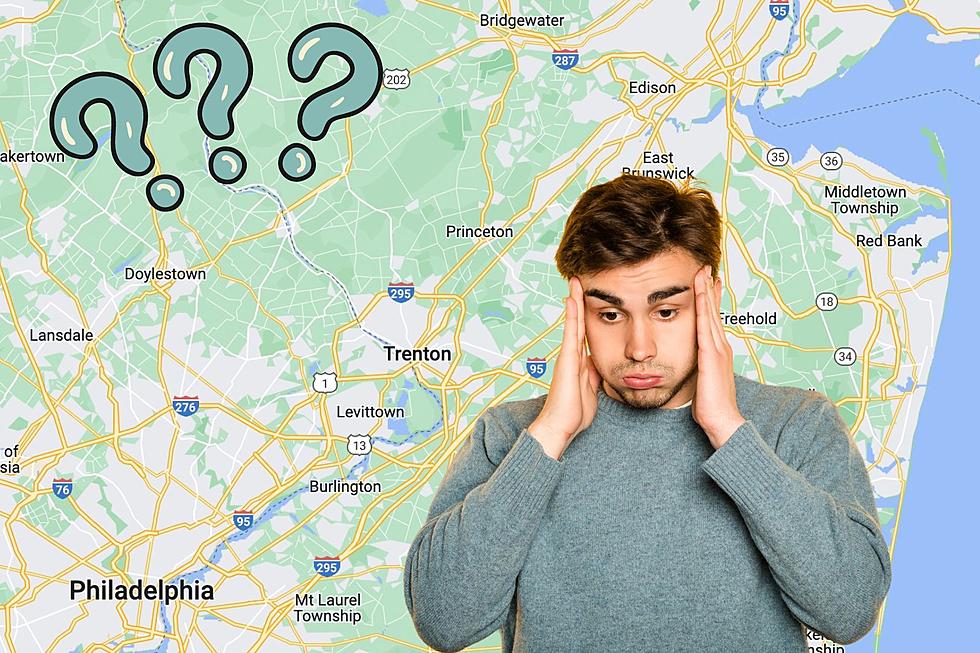
2nd NJ case of non-poultry bird flu in ’22 found in Warren County
Highly Pathogenic Avian Influenza, which can often be deadly contagious for domestic poultry, has been confirmed in a backyard flock of ducks in Warren County, the second such case in New Jersey this year, according to a release Friday from the state Department of Agriculture.
The release did not specify the municipality in which the ducks were located, but said they were "non-commercial" and had likely been infected by wild birds that were found deceased on the property and had also tested positive for HPAI.
The duck flock had "experienced high mortality," according to NJDA, with some previously displaying neurologic signs consistent with the bird flu, including swelling around the eyes, darkening of the comb or wattles, reddening of the shanks or feet, and lethargy.

New Jersey's only other confirmed HPAI occurrence in a non-commercial flock was reported in May, in Monmouth County, by the U.S. Department of Agriculture's Animal and Plant Health Inspection Service.
APHIS is assisting NJDA with the Warren County response, according to Friday's release.
Citing the U.S. Centers for Disease Control and Prevention, NJDA said that these recent HPAI detections do not present "an immediate public health concern," and issued a reminder to cook all poultry and eggs to an internal temperature of 165 degrees Fahrenheit to kill bacteria and viruses.
Anyone who suspects the presence of HPAI is asked to call NJDA's Division of Animal Health at 609-671-6400.
Patrick Lavery is a reporter and anchor for New Jersey 101.5. You can reach him at patrick.lavery@townsquaremedia.com
Click here to contact an editor about feedback or a correction for this story.
10 years later — Sandy makes landfall in New Jersey
New Jersey's Most Terrifying Serial Killers
These NJ towns have the highest rates of sexually transmitted diseases
More From 105.7 The Hawk









